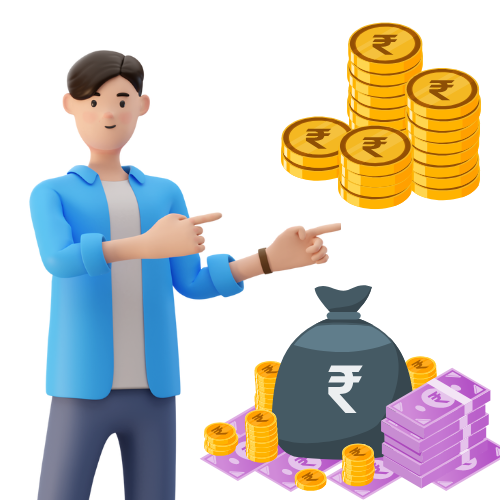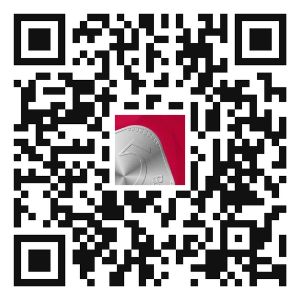Learn Before Investing in Stock Markets
Trending Courses
Learn Everything In
Finance
with self-paced videos
Learn Everything In Finance with self-paced videos
Finflix
Introducing A Digital Pocket Dictionary to educate about a new financial term to broaden your financial vocabulary.
Read More
Learn a new finance word With Informative Financial Dictionary
we will help you to understand everything In Finance
FAQs
how can we help you ?

What Is FinSchool?
FinSchool is your ticket to financial independence. It is an educational platform by 5paisa that offers you variety of straight forward financial courses linked to finance and investing. After being a part of Finschool by 5paisa, you can watch or read any of our course, blogs, dictionary and many more.

Why Should I Choose FinSchool?
Amidst the city life and routine desk jobs, most people escape to learn the most under-rated life skill of being financially aware. Yes, being financially literate has not been easy for all but you need not worry anymore, FinSchool will help you fill this gap by making financial education not only easy but also affordable.

Do I Have To Pay For The Courses?
No, we believe in making people financially Independent and this is the reason why all our courses are absolutely free for learners with various learning levels (beginners, intermediary and advanced).

What We Offer?
Finschool aims to acquaint its users with wealth building and money management skills. The goal we envision is to make finance more accessible, simple and understandable with our courses.




